How To Clean Bike In Winter
In Steamboat Springs, Colorado, winter hits hard: Getting over the nearby mountain pass to get into town becomes nearly impossible for trucks, and cars are banned from making the trek without chains.
But nestled in the little ski town is the Moots factory, and the people there who help build the company's titanium bikes are avid cyclists, even in negative temperatures. Snow, wind, rain, salt and slush are all par for the course in town, and Nate Bradley, Moots's production manager, shares a few of his best tips for surviving bad weather on your bike.
[Find 52 weeks of tips and motivation, with space to fill in your mileage and favorite routes, with the Bicycling Training Journal .]
Create a Good Bike-Cleaning Setup
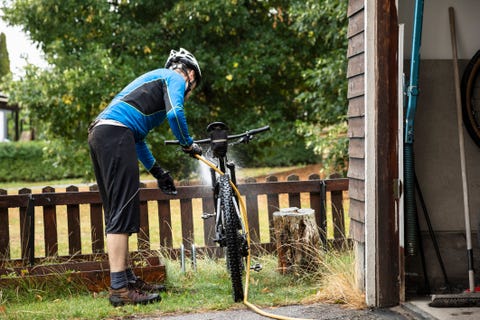
Katja Kircher Getty Images
Cleaning your bike regularly in good weather is one thing, but once temperatures drop and the weather gets bad—the time we need to clean our bikes the most—it becomes a Herculean task.
Bradley says his number one tip is preventative action: Create a good bike-washing setup before bad weather strikes so you're ready. He swears by a cheap pump-action garden sprayer for cleaning off his bike in the garage (with a drain nearby), which can also be done in the driveway post-ride. He also heads to Home Depot for cleaning brushes, and loves grout-cleaning brushes and refrigerator-coil brushes for tight spots.
Your goal here is to get that grime out of moving parts and off your bike's frame as soon as possible: Don't let it collect.
Can you remove road tar from bike frames? Find out in this video:
Choose Your Fenders Wisely

Jon Shireman Getty Images
"Full-coverage fenders are great when it rains, but once it's frozen, they'll fail," says Bradley. "They're the worst thing you could use, because they end up working as full coverage tire brakes."
Because of that, Bradley uses a clip-on fender for snowy weather instead, since it's easier to move and empty once it's jammed with snow.
Cooking Spray Is Your Friend
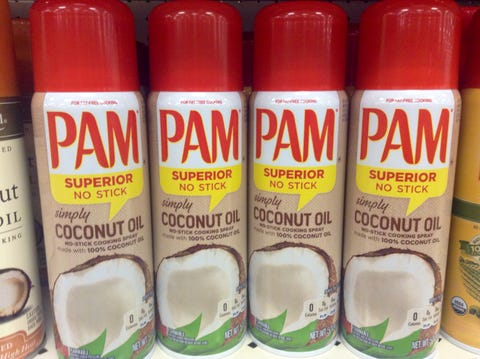
Mike Mozart via Flickr
It's not just for triathletes who need to shed wetsuits fast: Pam spray is a favorite of cyclocrossers, and if you're unfamiliar with using it outside the kitchen, it'll become your new best friend this winter.
Bradley uses cooking sprays like Pam as undercoats for cleats and his metal frame, which make wiping off grime easier. It also gives the bike a bit of a buffer from the elements. (Just don't get it on disc brakes or wheel rims for cantilever bikes.)
He also recommends a silicone spray on pedals, or for really brutal conditions, he'll use DuPont's snow and ice repellent made for snowblowers on his cassette and downtube.
Lube it Up
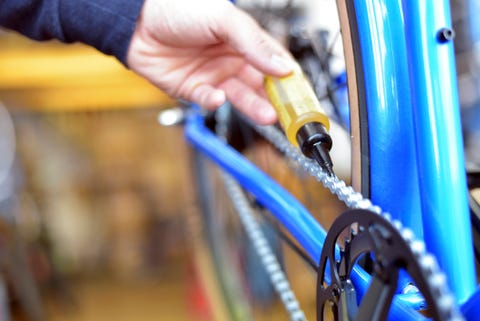
Westend61 Getty Images
Regularly lubing your chain becomes more important in bad weather. In normal rain and mild snow, use your favorite bike lube to keep your chain running smooth and quietly.
For extreme circumstances, you might need to get more serious. Bar and chain lube was designed to be used on chainsaws, but for truly muddy, snowy roads, it's a good go-to for your bike's chain. "Bike lubes can't handle the worst of the worst," says Bradley. Bar and chain lube will wear out your bike chain faster though, so Bradley says you should only use it in the worst of conditions. (Since grit and snow exposure will likely shorten your chain's life anyway, a more extreme lube won't really hurt.)
Get Your Tires Dialed
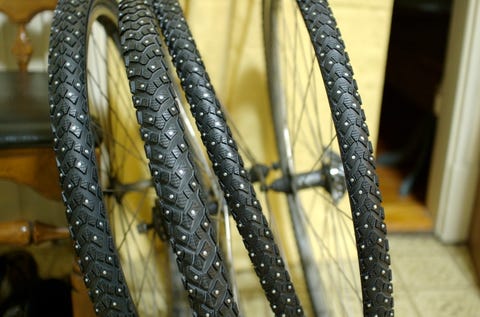
Flickr
In really bad weather, studded tires are great, but there are plenty of softer rubber-compound tires with winter treads.
Bradley's top picks are cyclocross file-tread tires. "They usually have nice rubber, and nice casings, and they work great in deep winter," he says. The file tread is ideal because the treads on the sides offer traction in bad conditions, but the main tread rolls almost as smooth as road tires.
Even more important than tread, Bradley says, is choosing the right tire pressure. If you can, run your pressure on the lower end of what you're comfortable with, he says: "You want the tire to move around and conform to grip the frozen surfaces."
Treat Your Fabric Components Right
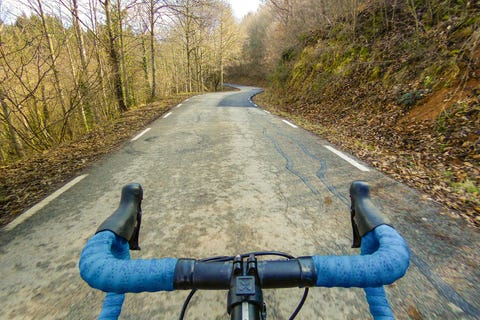
Enrique Díaz / 7cero Getty Images
Keeping your bar tape and saddle dry will make them last longer, which presents problems in bad weather.
Saddles are especially at risk when you ride with rain pants. "That's the worst thing you can do," says Bradley. "All the grit and water gets on your pants and they rub around on the saddle."
Mitigate these issues by cleaning your saddle and bar tape as soon as possible, getting that salt and grime off fast.
Be Mindful of Your Lights
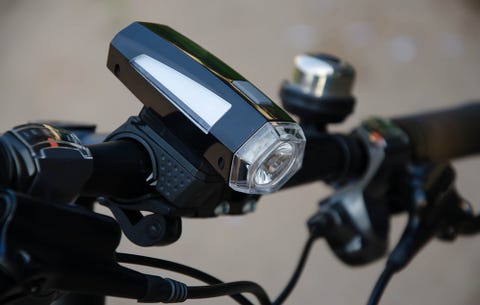
Shutterstock
Lights can be adversely affected when temperatures drop because they depend on batteries, which work best in certain temperature ranges. Bradley avoids his lights going out on his morning commute by mounting his taillight to his backpack and his headlight to his helmet; that stuff stays inside with you during the day, so the batteries don't drain as fast.
Bike Lights Awards Gallery
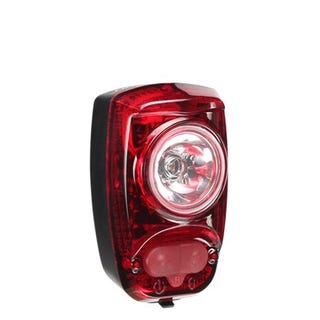
Best Value
Cygolite Hotshot
Cheap, powerful, and water-resistant
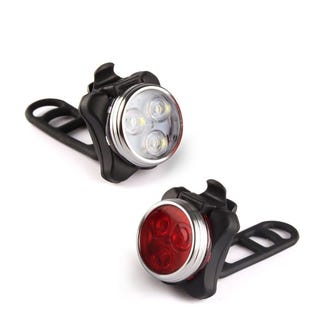
Best Value Daytime
Ascher USB Rechargeable Light
Incredibly inexpensive

Best Battery Life
NiteRider Lumina OLED 1200 Boost
amazon.com
$159.99
$138.99 (13% off)
Powerful enough for trail rides
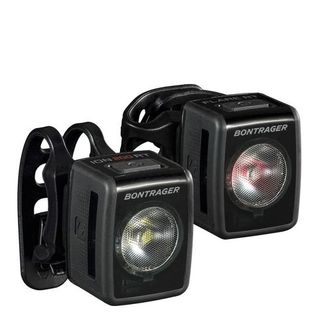
Best Daytime Lights
Bontrager Ion 200 RT / Flare RT Light Set
Our favorite daytime light set

Best Safety Features
Garmin Varia with Radar Display
Alerts you of approaching traffic
This content is created and maintained by a third party, and imported onto this page to help users provide their email addresses. You may be able to find more information about this and similar content at piano.io
How To Clean Bike In Winter
Source: https://www.bicycling.com/repair/a20008051/7-easy-ways-to-winterize-your-bike/
Posted by: bouldinthairstur.blogspot.com

0 Response to "How To Clean Bike In Winter"
Post a Comment